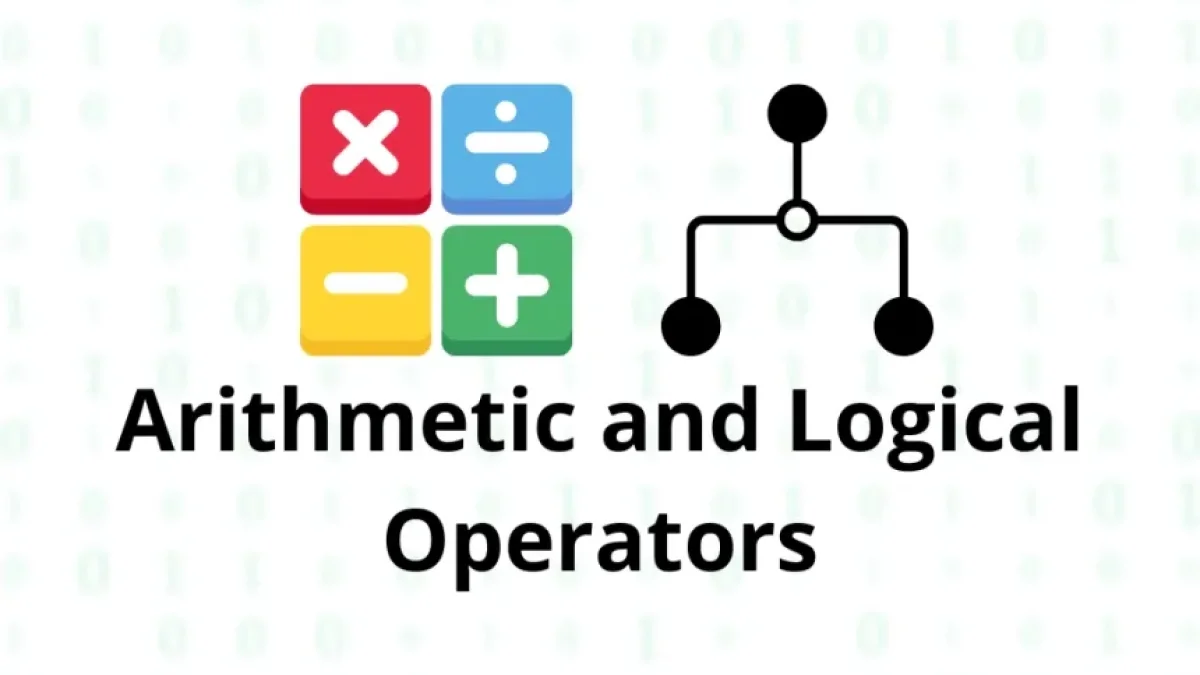What Are Constants and How Do They Differ from Variables


In the field of programming, understanding the difference between constants and variables is essential for creating efficient and maintainable applications. This article will delve into the concepts of constants and variables, their usage, and the key differences between the two.
What is a Constant?
A constant is a space in the computer's memory assigned to store a value that will not change during the execution of the program. This means that, once declared and initialized, the value of a constant cannot be modified. Constants are fundamental in various situations, such as improving code readability, protecting critical values, and optimizing performance.
Read also
Characteristics of Constants
- Immutability: The value of a constant cannot be changed during the execution of the program.
- Declaration: The way constants are declared can vary depending on the programming language. For example:
- In Java and C++, the keyword final or const is used.
- In JavaScript, the keyword const is used.
- Common Use: Constants are often used to store values that should not change, such as tax rates, magic numbers, or specific application configurations.
What is a Variable?
On the other hand, a variable is a storage space in memory that can hold different values during the execution of the program. Unlike constants, the values of variables can be modified at any time, which makes them flexible and dynamic tools.
Characteristics of Variables
- Mutability: The value of a variable can change at any point in the program.
- Declaration: Similar to constants, the way to declare variables can differ between languages:
- In Python, a variable is declared simply by assigning it a value.
- In Java, it is necessary to specify the data type (e.g., int, String).
- Common Use: Variables are used to store data that changes, such as user inputs, calculation results, or states of an object in a game.
Main Differences Between Constants and Variables
1. Mutability
- Constants: Their value is fixed and never changes once assigned.
- Variables: Their value can vary over time and can be modified anywhere in the program.
2. Declaration
- Constants: Require a special declaration process indicating that their value cannot be changed. For example:
final int MAX_USERS = 100;
- Variables: Are normally declared and do not require a special declaration that limits their ability to change:
int userCount = 0;
3. Usage in Programming
- Constants: Primarily used to represent information that does not change, contributing to code clarity.
- Variables: Used to store data that changes during the execution of the program, providing flexibility and adaptability.
When to Use Constants and Variables?
Using Constants
- Configurations: Store settings that do not change, such as file paths or API keys.
- Avoid Errors: Reduce the likelihood of making mistakes by accidentally changing a critical value.
- Improve Readability: Help other developers (or yourself in the future) better understand the purpose of a value.
Using Variables
- Dynamic Data: Use when the value is expected to change, such as in loop counters or user inputs.
- Business Logic: To store intermediate results of calculations or conditions during the execution of the program.
Conclusion
Both constants and variables are essential elements in programming. Understanding their differences and when to use them is crucial for writing clear and efficient code. While constants provide stability and clarity to immutable values, variables offer flexibility and allow for the handling of dynamic data that evolves during program execution. By learning to use them effectively, developers can improve the quality and maintainability of their code.



















